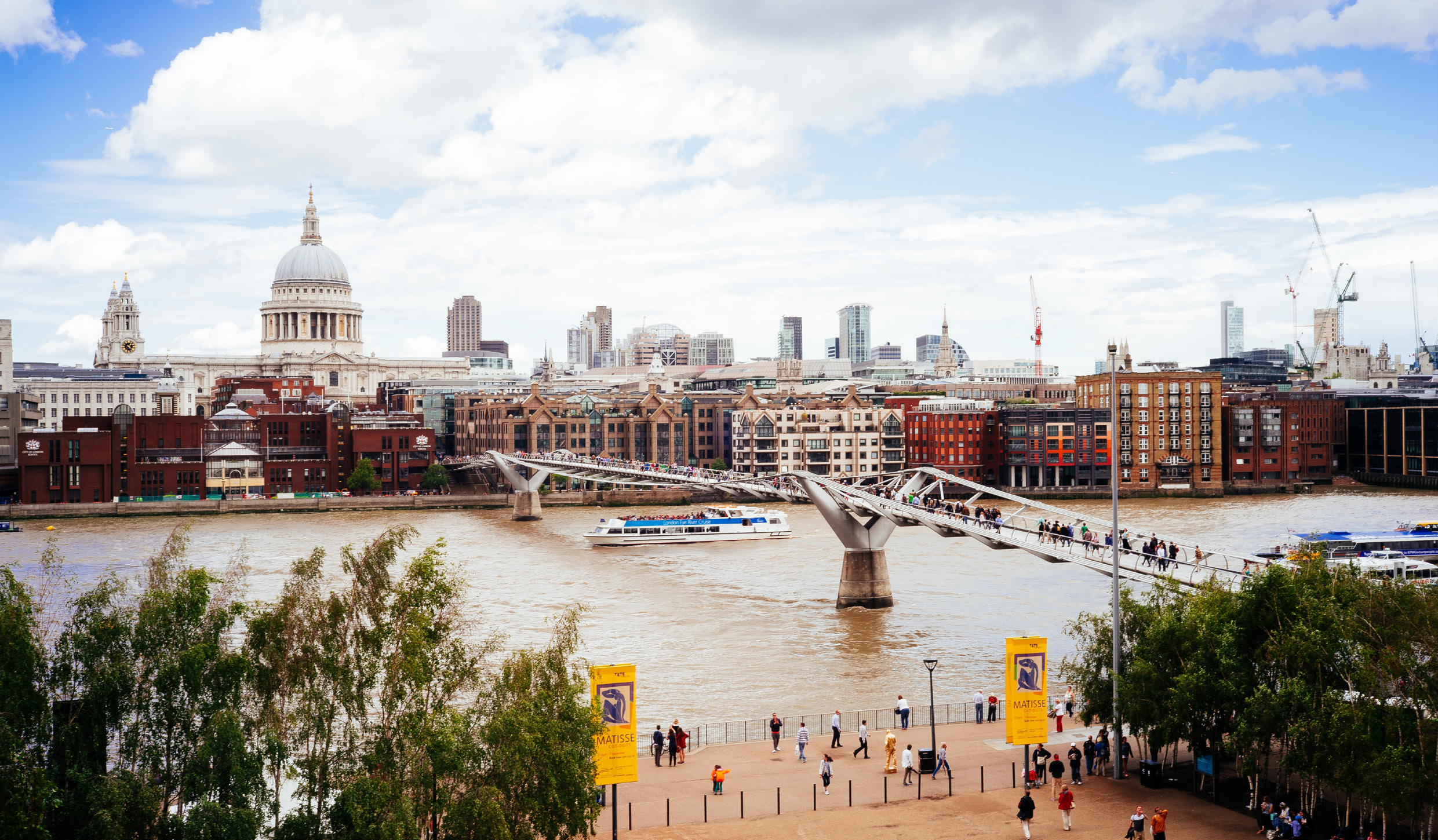
Performance of the London property market analysed
- Posted on
- Josh Kaye
June 2021
As we reach the mid-point of the year, there is more optimistic news to
report for the London property market.
According to the most recent house price data released by Nationwide for June, house prices in London rose by 7.3% in the second quarter of 2020, taking the average house price to over
£500,000 for the first time. Compared to the more modest rise of 4.8% for the first quarter of the year, this is seen as evidence that London is finally joining in the current property boom.
However, this increase is still lagging behind the Nationwide’s average figure of 13.4% for annual price growth in the UK as a whole. Looking at in the Outer Metropolitan region, which covers areas such as Luton, Watford, Sevenoaks and Woking, Nationwide report that the annual rise in Q2 was even larger, reaching 8.2%. The wider South East region, including towns such as Oxford, Winchester and Southampton, saw an annual rise of 10.9%, the first double-digit growth since 2014.
Staying with news of the London market, research by property market analysts Astons shows that, despite the lower than average price growth of London property, 85,304 residential property transactions with a value of over £50 billion have taken place since the start of the pandemic. In terms of the value of property sold, seven of the top ten areas were unsurprisingly inner-city boroughs such as the City of Westminster, Wandsworth and Kensington and Chelsea.
However, the three outer London areas of Bromley, Richmond and Croydon were also in the top ten, with sales of £2.5, £2.4 and £1.9 billion respectively. The City of London, Barking and Dagenham and Newham in contrast sit at the bottom of the table, recording sales worth just £150, £506 and £937 million each. Overall, Astons consider that the London market has held its own in the extremely challenging conditions of the last 18 months.
London estate agents Benham and Reeves have also released an optimistic report indicating that there are signs of a revival in the London super-prime market. There was a 44% increase in sales of property valued at over £10 million in the first quarter of 2021, compared to the previous quarter. Sold prices also showed a healthy rise of 9%, taking the average sold price in Q1 to £13.4 million. Although demand is continuing to be affected by travel restrictions which prevent wealthy foreign buyers from moving home, the agency feels positive that sales volumes will slowly
return to pre-pandemic levels.
Many buyers across the capital, in common with the whole of the UK, have found themselves in a race against the 30 June stamp duty holiday deadline in the hope of avoiding paying duty on the first £500,00 of their property’s value. After this date, a nil rate will be applied to the first £125,000 and then a new 2% band will come into effect for the next £125,000. Above £250,000 the original rate of 5% will apply. From October 1, the previous limit of relief on only the first £125,000 will be reinstated.
However, nobody in the property industry is predicting that the housing boom is going to suddenly come to end on 1 July. Research carried out by Nationwide suggests that the stamp duty holiday is only affecting the timing of a house move, rather than being the driving force behind a decision to move. They found that nearly a third of home movers were doing so in order to improve access to a garden or other outdoor space. Over 20% were looking to move to a quieter, less urban environment, although this trend was more pronounced among older age-groups.
A recent report by Savills shows that 85% of house buyers would still carry on with their transaction even if they missed the deadline, with only 10% saying they would try to renegotiate. Research by Rightmove has broadly similar findings, although they report that 25% would try to renegotiate on price and 13% would look for a cheaper property.
Returning to the Nationwide June report, the prediction for the near term is that whilst demand continues to outstrip supply, property prices will continue to rise. Market activity is expected to remain strong, as confidence in the economy continues to return. Despite the recent rise in property prices, mortgages remain at a long-term average level of affordability due to historically low interest rates. Some softening in transaction levels is predicted to occur after 30 September when the Stamp Duty holiday finally comes to an end.
